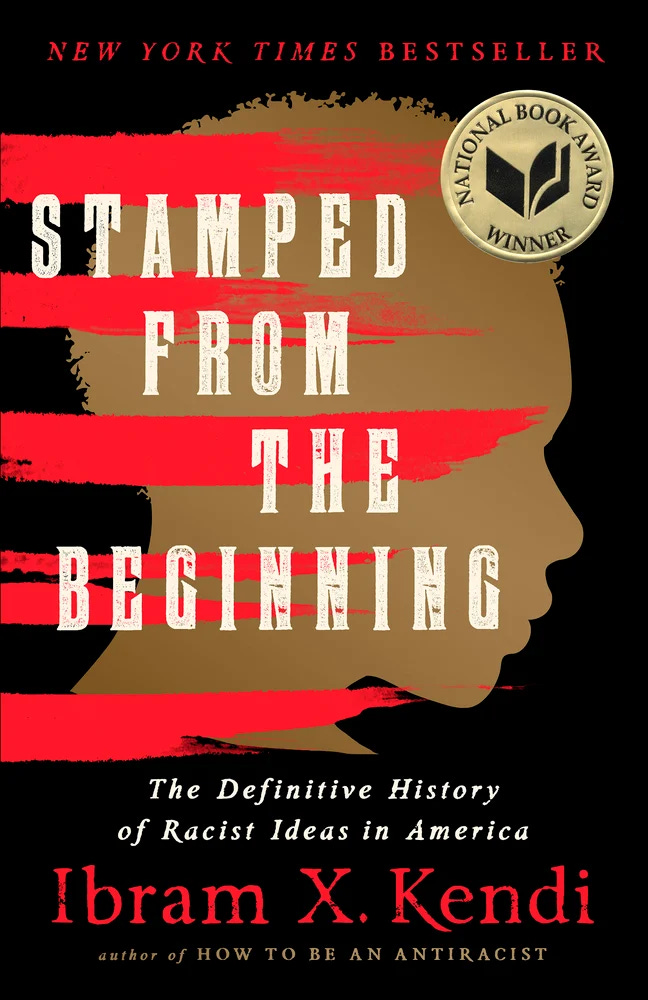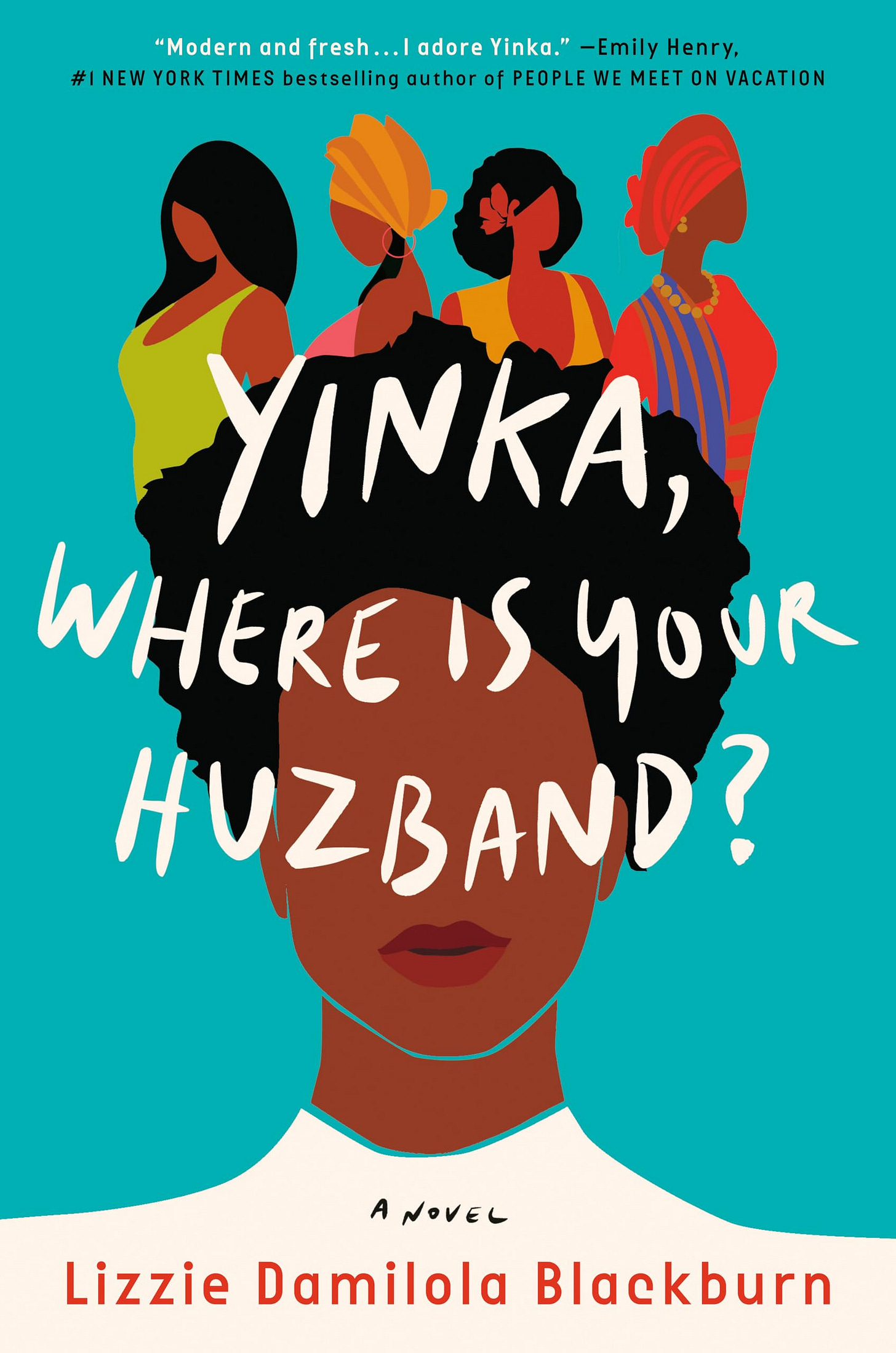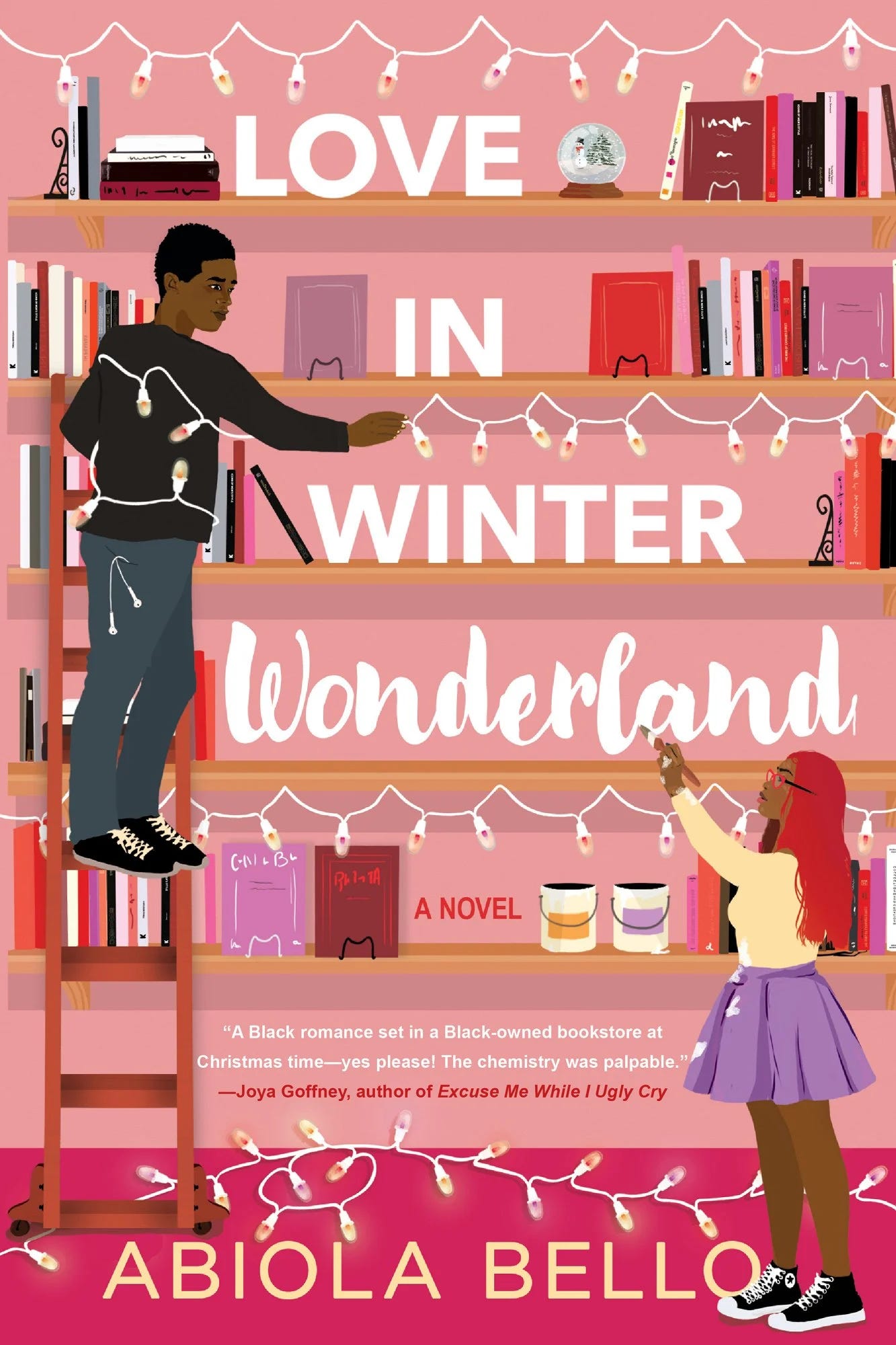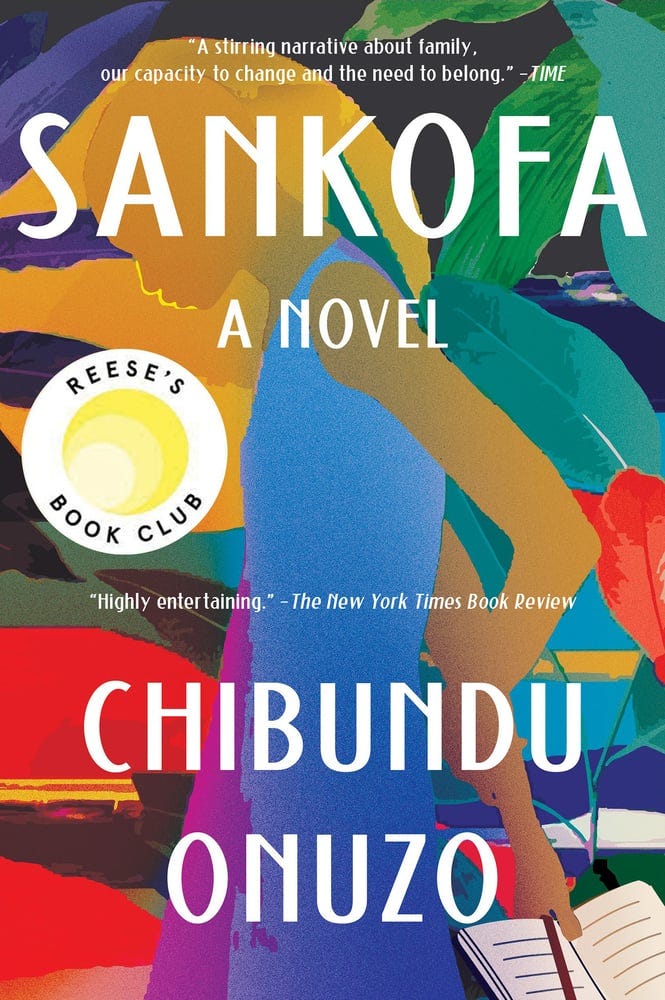On the Preservation of Black Culture & the Limits of Pan-Africanism
Too African for America. To American for Africa.
Black American culture is under attack. How do I know? School systems across the South have been implementing and struggling to fight against calls for bans of so-called Critical Race Theory and Diversity, Equity and Inclusion programs. Our current President has called for the removal of books that detail Black history in America and the elimination of the Institute of Museum and Library Services altogether. Black history books are being pulled off the shelves as we speak. To combat that erasure I created a book list.
Essential Black Literature List
As a librarian of going on 15 years I have always held libraries in the highest regard. They serve as time capsules, they excite and inform and they give us a look into the past so we can design our future. As they say, we don’t want to reinvent the wheel, nor do we want to reinvent the atomic bomb. Our destruction lies in our ignorance, so it is of utm…
I made the list so that Black people in America and really all Americans can begin to make personal libraries. We need to build thousands of small libraries that our families and communities can pull from so that history isn’t lost. The post got a lot of views. It’s my most popular post and then I got a comment about the lack of African authors on the list.
And the lack of African authors is intentional.
Not that I don’t love the diaspora, because I have a few books from authors in the diaspora below. I seek them out. I want to know what it’s like to live abroad, but it got me thinking about what Black Americans can claim as our own. When I was a child there was a huge push for Pan-Africanism. Being Black meant that you were just a displaced African, cut off from your roots. There was African dress day at church. We had Kwanzaa. My father was big on Kwanzaa for a few years because there was this idea that you had to know that your history did not start in South Carolina as slave with no power or agency. We didn’t spring fully formed from the swamps of Charleston. But we also didn’t know much about Africa.
When enslaved Africans met the shores of America their names were erased, they were intentionally placed with people who were from different tribes so that they couldn’t keep their traditions, speak in the same language and eventually overthrow their oppressors. Our religions were banned. Our coming of age rituals also banned. The women were assaulted and the mixed race children from those assaults were sold off. There was even a practice on some plantations where the slave owner demanded that he be able to name every child born on the plantation. Mothers and fathers weren’t even able to name their own children. It’s one of the reasons why nicknames are so popular among Black people (not the only reason though).
If you want to learn more about slavery in America start here:
That process of cultural erasure went on for hundreds of years. Still, some things persist. Red rice in South Carolina is just another version of Jollof rice. You can get your hair cornrowed in Lagos just the same as Brooklyn, but Black Americans generally know precious little about Africa, her countries, her individual tribes. I was raised to believe that we were all connected, but with the influx of African immigrants to America and social media it has become clearer and clearer just how disconnected we can be. And I do not believe in diaspora wars. Largely, they are a distraction, spurred on by bots and bad actors, but I can’t overstate how hurtful it was to realize that our “African” attire at church was seen as appropriation instead of a deep seated need to connect to our lost homeland. I cannot overstate how painful it was to realize that our love for kente cloth, a STAPLE of 90’s Black Americana, was not seen as a loving connection to a lost home, but something ignorant and lacking understanding.
The mixing and matching of cultural identifiers that Black American people tend to utilize comes from the very real history of mixing and matching of people brought together by enslavement. I may have an Igbo great-great-great-great-grandmother and a Fula great-great-great grandfather who then had a son who married a girl who had a Ewe grandmother and a Bariba grandfather. It’s all mixed together. I know that, but it seems that the world can forget that. Because of that Black Americans have created a new culture with jazz, hip-hop, tap dancing, gumbo, acrylic nails, the ring shout, gospel music, hoodoo, tignons, sneaker culture and more. That’s what is home. That is worth preserving. It is worth highlighting and it’s why I made my list. It’s why I write books set in the South and will continue to highlight how beautiful and complex and culturally rich Black American people are.
Some of my favorite titles from the Diaspora
Yinka’s Nigerian aunties frequently pray for her delivery from singledom, her work friends think she’s too traditional (she’s saving herself for marriage!), her girlfriends think she needs to get over her ex already, and the men in her life…well, that’s a whole other story. But Yinka herself has always believed that true love will find her when the time is right.
Still, when her cousin gets engaged, Yinka commences Operation Find-A-Date for Rachel's Wedding. Aided by a spreadsheet and her best friend, Yinka is determined to succeed. Will Yinka find herself a huzband? And what if the thing she really needs to find is herself?
This is one of the funniest books I’ve read in the last few years. It’s a coming of age story, but for someone who has been an adult for a good long while. It’s about learning who you are and what you want and letting go of expectations.
Ifemelu and Obinze are young and in love when they depart military-ruled Nigeria for the West. Beautiful, self-assured Ifemelu heads for America, where despite her academic success, she is forced to grapple with what it means to be Black for the first time. Quiet, thoughtful Obinze had hoped to join her, but with post–9/11 America closed to him, he instead plunges into a dangerous, undocumented life in London.
As a rule, I don’t like cheating stories, but if you want to learn a bit about what it means to immigrate and what you lose when you do then this is a great story to check out.
Love in Winter Wonderland (Young Adult)
Charming, handsome Trey Anderson balances the pressures of school popularity with a job at his family’s beloved local bookshop, Wonderland.
Quirky, creative Ariel Spencer needs tuition for the prestigious art program of her dreams, and an opening at Wonderland is the answer. When Trey and Ariel learn that Wonderland is on the brink of being shut down by a neighborhood gentrifier, they team up to stop the doors from closing before the Christmas Eve deadline—and embark on a hate-to-love journey that will change them forever.
We don’t have enough love stories for teens with two Black characters. This is a sweet rom-com YA about falling in love at the end of your childhood and looking to the future.
Searching through her mother's belongings one day, Anna finds clues about the African father she never knew. His student diaries chronicle his involvement in radical politics in 1970s London. Anna discovers that he eventually became the president—some would say dictator—of a small nation in West Africa. And he is still alive...
When Anna decides to track her father down, a journey begins that is disarmingly moving, funny, and fascinating. Like the metaphorical bird that gives the novel its name, Sankofa expresses the importance of reaching back to knowledge gained in the past and bringing it into the present to address universal questions of race and belonging, the overseas experience for the African diaspora, and the search for a family's hidden roots.
This one is a slow burn, but if you like family mess then this book is right up your alley. It does not turn out the way you think it will and for that it’s worth a read.
I don’t put posts behind paywalls, but if you want to buymeacoffee.com/srmilesauthor
you sure can!











what a necessary essay! I feel seen.
also
“I do not believe in diaspora wars. Largely, they are a distraction, spurred on by bots and bad actors, but I can’t overstate how hurtful it was to realize that our “African” attire at church was seen as appropriation instead of a deep seated need to connect to our lost homeland. I cannot overstate how painful it was to realize that our love for kente cloth, a STAPLE of 90’s Black Americana, was not seen as a loving connection to a lost home, but something ignorant and lacking understanding.”
Did NOT know words on a screen could slap me
I love your spirit! You wear your confidence proudly!
My senior friends and I have been gifting books to our family members for many years and will continue! Thanks for sharing.